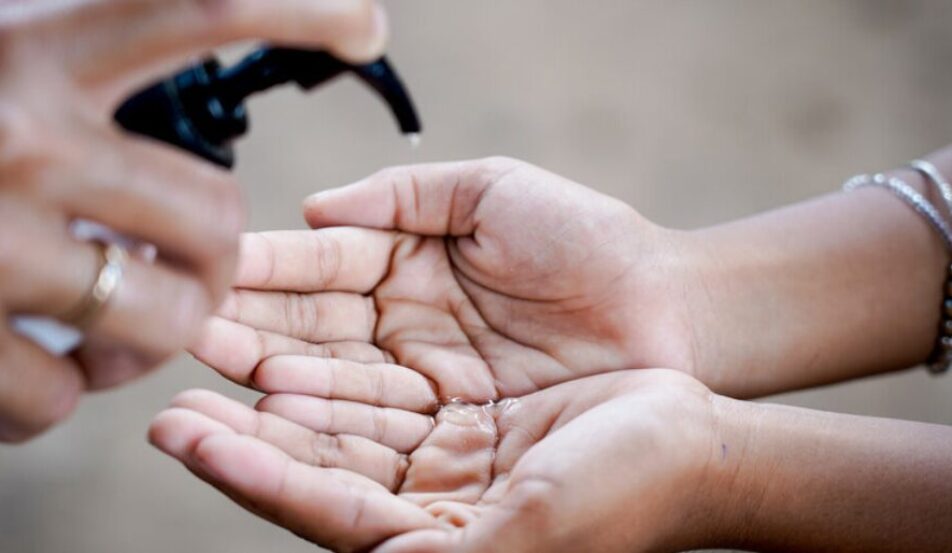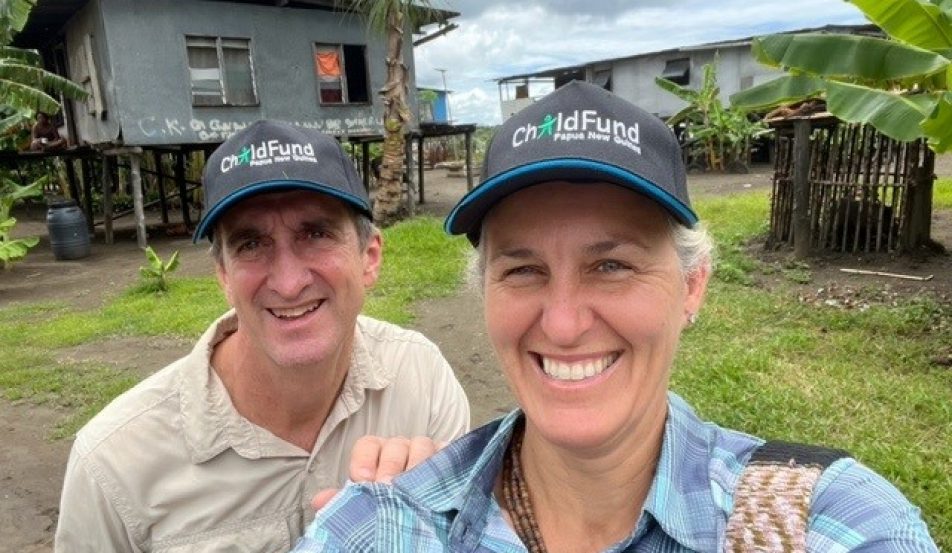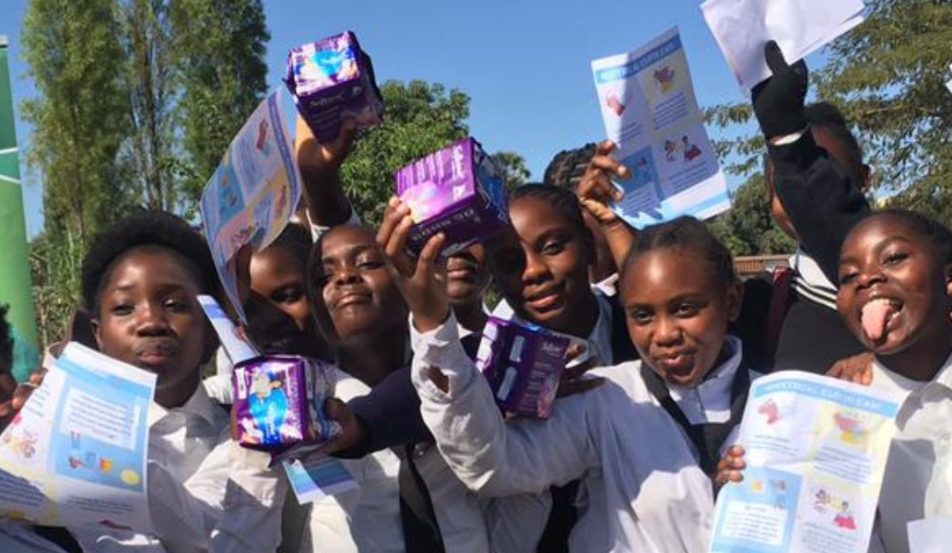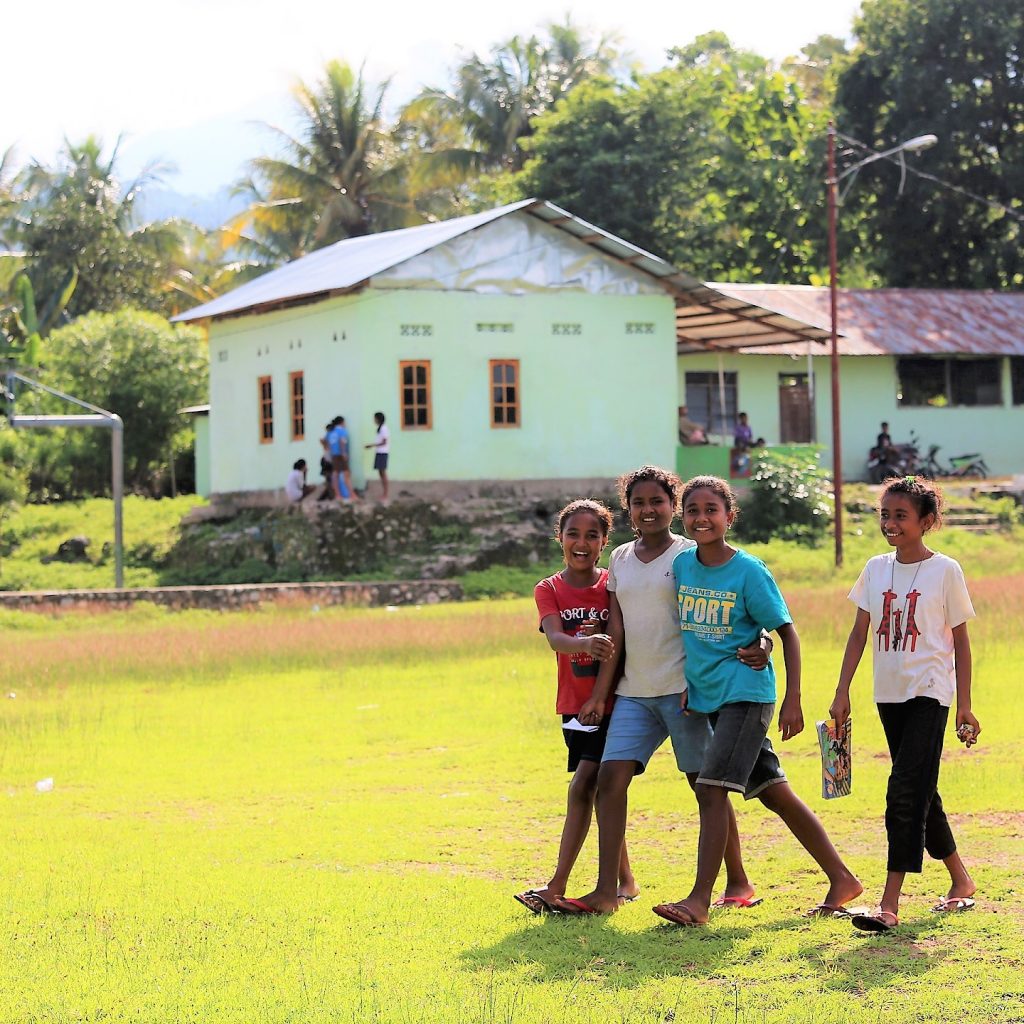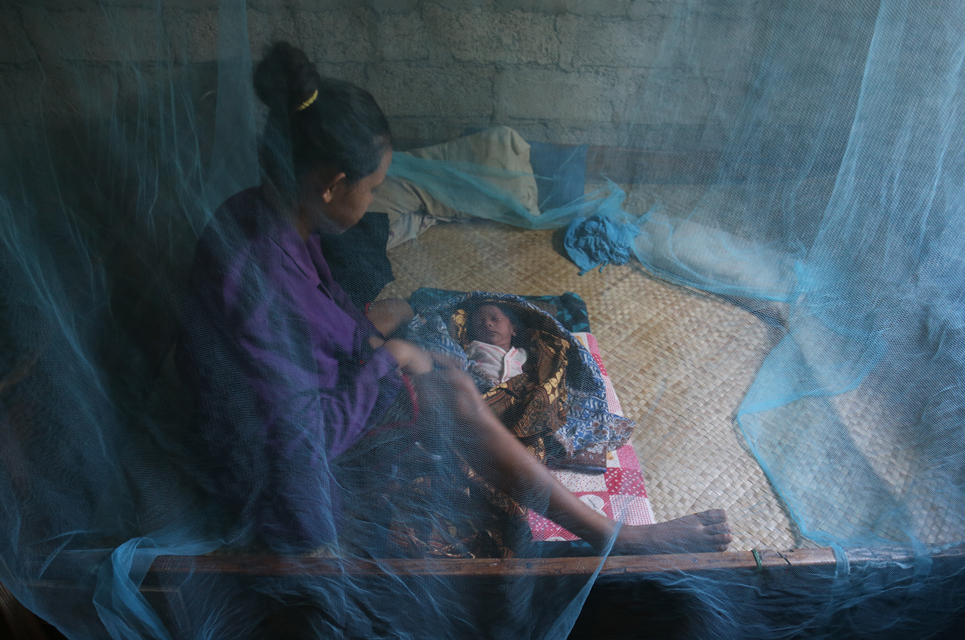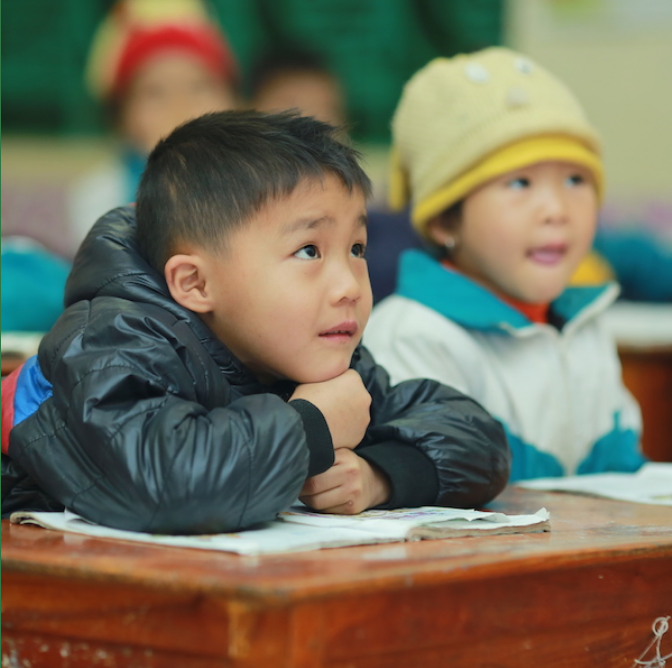Local solutions to local problems
With the support of donors to our End Baby Deaths in Timor-Leste Appeal, and the Australian Government through the Australian NGO Cooperation Program (ANCP), ChildFund Timor-Leste has been training Village Health Volunteers from small communities who receive basic healthcare training and lessons on how to keep children healthy.
I was lucky enough to see a team of these Village Health Volunteers, a young man and woman, lead an information session about the importance of breastfeeding and nutrition. When I spoke to the man after the session he said he was inspired by a desire to help his community in any way possible.
His audience was just as enthusiastic. They peppered him with questions, ones they would no doubt follow up with the Village Health Volunteers in the months and years to come.
They also eagerly participated in a hands-on baby-food preparation class using locally-sourced foods that would help give their children a healthy, balanced diet. Before eating together, the mothers lined up with their children as the Village Health Volunteers helped them wash their hands with soap and explained how important this simple action is in preventing the diseases that cause the majority of child deaths.



